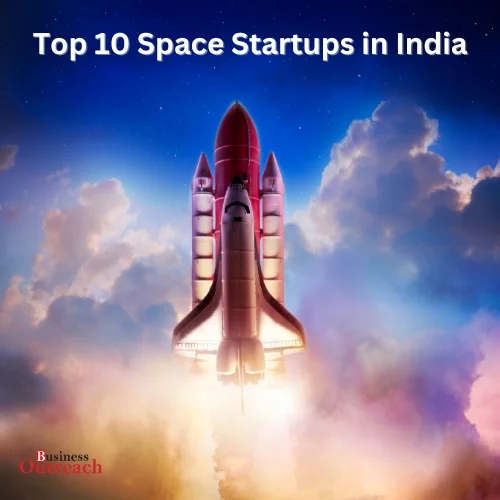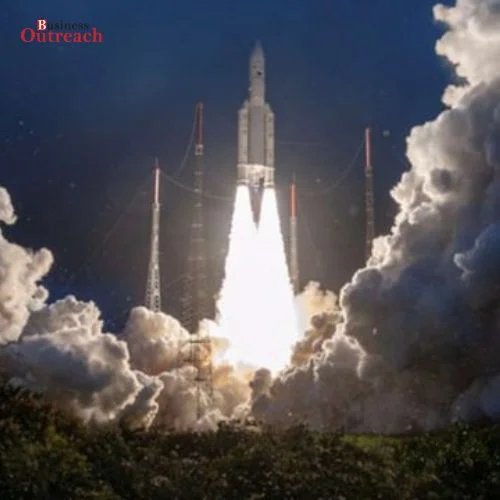The number of faculty-founded firms increased from 37 in April 2017 to 69 in June 2019, 80 in 2020, and 94 in October 2021, according to data released by the IIT Madras Incubation Cell (IITMIC)
The IITMIC, one of India’s major deep technology startup centers, fostered these companies.
Approximately 77 academic members from several institution departments participated in the launch process. According to the IITMIC, this statistic represents about 13% of the institute’s overall faculty strength of around 600, which is on par with the greatest institutions in the world.
Among the prominent startups is one that aims to develop micro-gas turbines for decentralized power generation and another that aims to turn any type of trash into crude oil, from municipal solid waste to agricultural waste. Another company wants to build earth observation satellites with multi-sensor fusion and in-space edge computing.
A new type of aircraft known as hybrid aerial vehicles is being developed by a startup for vertical takeoff and landing as well as long-distance flying to transport goods and passengers, eventually leading to air taxi operations.
Another is developing small launch vehicles for micro-and nanosatellites to be launched into space orbits.
Most of these startups work in deep technology areas including manufacturing, robotics, energy, renewables, e-mobility, space tech, Internet of Things, data sciences, healthcare, water treatment, waste to energy, and waste management, as well as e-mobility, electric vehicles.
IIT Madras Incubation Cell Chief Executive Officer Tamaswati Ghosh remarked, “More than 12% of institution professors are co-founders of incubated firms in a variety of internationally essential sectors. This demonstrates our capacity to apply cutting-edge scientific breakthroughs in the field.”
“Setting up a deep tech startup is a hard task, and the gestation time from idea to reaching the market can be as much as 4-5 years. Even getting from the Lab (post research stage) to an incubator can take 2-3 years. There is a ‘valley of death’ that a startup faces between the lab and the incubator and the first investor. Most academicians find it difficult to make the jump from the lab to the incubator,” pointed out Raghuttama Rao, CEO of the Gopalakrishnan-Deshpande Centre for Innovation and Entrepreneurship (GDC).















